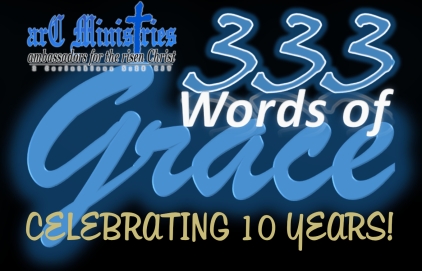Thursday, February 18, 2021
“And Peter answered and said to Jesus, Master, it is good for us to be here: and let us make three tabernacles; one for thee, and one for Moses, and one for Elias. For he wist not what to say; for they were sore afraid” (Mark 9:5,6 KJV).
When in doubt, close your mouth!
Proverbs issues guidance regarding the utterance of thoughtless speech. “He that keepeth his mouth keepeth his life: but he that openeth wide his lips shall have destruction” (13:3). This man protects his life by guarding his tongue. He knows loquaciousness—talkativeness—can be injurious. “The heart of the righteous studieth to answer: but the mouth of the wicked poureth out evil things” (15:28). A saint will think about what he says before he says it; the unbeliever, lacking self-control, gushes out sinful words.
“The heart of the wise teacheth his mouth, and addeth learning to his lips” (16:23). The wise man trains his mouth so it opens to speak appropriate words but closes before uttering anything else. “Whoso keepeth his mouth and his tongue keepeth his soul from troubles” (21:23). Again, someone who chatters haphazardly has opened himself up to a host of problems. “If thou hast done foolishly in lifting up thyself, or if thou hast thought evil, lay thine hand upon thy mouth” (30:32). If we have a corrupt idea, we should remain silent!
God’s Word, the Holy Bible, is a record of His dealings with mankind. He does not hesitate to be candid about the nature of man. The Scriptures are honest—even concerning the “heroes” of the faith. Except the Lord Jesus Himself, every man in that Book had his weaknesses. We now focus on Peter, Israel’s leading Apostle. Like many of us at times, he was quick-tongued: Peter spoke first and thought later. As far as Holy Writ is concerned, he would often, most embarrassingly, have to repeal those words he had so quickly uttered. “Oh, wait, I should not have said that!” If we study the Scriptures, we can pick out a dozen instances of poor Peter blurting out mindless or inappropriate statements. By reading his lips, we can learn how to be careful with ours….
Our latest Bible Q&A: “How can the Bible call Herod Antipas a ‘king?’”

